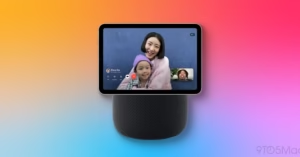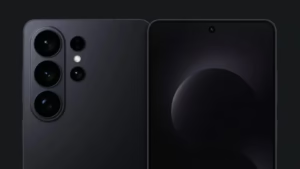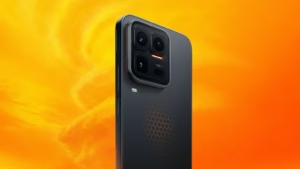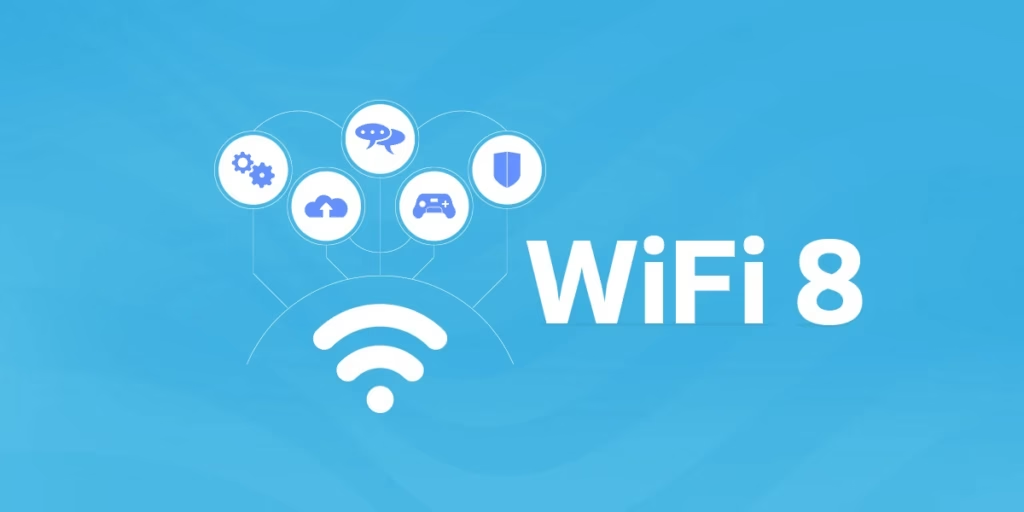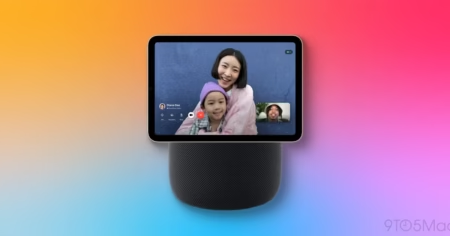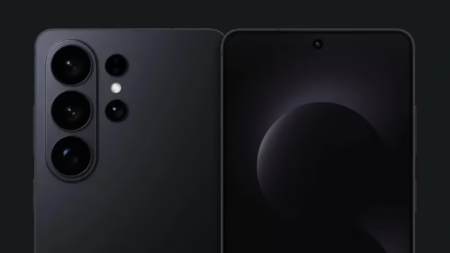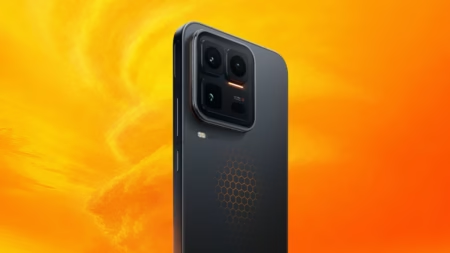Wi-Fi is something we use every single day, and with every new generation it just gets faster and smarter. Now, the next big leap — Wi-Fi 8 — has officially inched closer to reality. Networking company TP-Link, along with chipmaker Qualcomm, has successfully tested one of the very first Wi-Fi 8 prototypes.
This may sound technical, but in simple terms, the test shows that Wi-Fi 8 is no longer just an idea on paper — it’s starting to work in real life.
So, What Is Wi-Fi 8?
Wi-Fi 8 is the next-gen standard being developed by the IEEE, officially called IEEE 802.11bn or Ultra High Reliability (UHR). Unlike older versions that mostly focused on giving you faster download speeds, Wi-Fi 8 is designed to give you a connection that’s as stable as a wired cable.
Why does that matter? Because future tech — like AI systems, industrial automation, and robots — can’t afford even a second of dropped connection. Think of Wi-Fi 8 as internet built not just for speed, but for dependability.
How Will It Be Better Than Wi-Fi 7?
According to Qualcomm, here’s what Wi-Fi 8 will bring to the table:
-
25% faster speeds, even when your signal is weak
-
25% lower latency, which means smoother video calls and real-time tasks
-
Fewer dropped connections, so you stay online without hiccups
-
Better battery life, thanks to improved energy efficiency
So yes, Wi-Fi 8 will be faster, but more importantly, it will feel steadier and more reliable in everyday use.
When Can We Expect Wi-Fi 8 Devices?
Don’t start hunting for Wi-Fi 8 routers just yet. The standard is still under development, with final approval expected in March 2028. The first commercial devices should arrive soon after that.
For now, TP-Link’s test is a big milestone that proves Wi-Fi 8 is on track.
What About India?
Here’s where it gets tricky. Even if Wi-Fi 8 launches globally in 2028, India might have to wait. The main issue is spectrum — specifically, the lower 6GHz band, which is essential for next-gen Wi-Fi.
-
Telecom operators (COAI) want this band for mobile networks.
-
Tech companies like Google and Meta (BIF) are pushing for it to be opened up for Wi-Fi.
The Department of Telecommunications (DoT) hasn’t made a final call yet, so until that happens, India’s Wi-Fi 8 rollout could be delayed.
